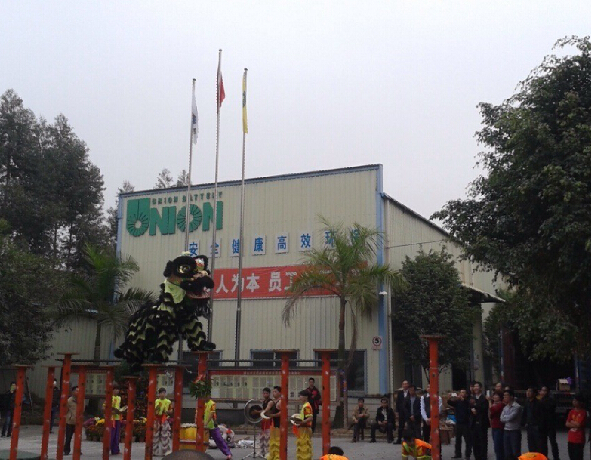FOSHAN UNION BATTERY CO., LTD.
FOSHAN UNION BATTERY CO., LTD. is the earliest Sino Korean joint venture specializing in the production of valve regulated sealed lead-acid batteries in China. The Korean UNION battery produced was born in 1977 and passed the KOREAN PTT battery quality certification and UL safety certification of the United States in 1983. It was designated as a backup power supply for the 1986 Asian Games and the 88 Seoul Olympics. UNION BATTERY CORPORATION (USA), a US subsidiary, has over ten years of sales experience in the Americas with outstanding performance. With the development of its business, UNION batteries in South Korea have established production bases in countries such as South Korea, India, China, Iran, and Vietnam. The main production and testing equipment of Foshan Uni Battery Co., Ltd., its production base in Chinese Mainland, is imported from famous factories. More than 20% of its employees have received professional training in the Korean headquarters, and have a sound ISO9001 quality assurance system.
So far, the company has been able to produce various specifications of 6V/12V 1.2AH-200AH and 2V 80AH-1000AH on a large scale, with an annual production of over one million batteries, of which more than 60% are exported overseas. Registered trademarks UNION and VOLTA have battery users across five continents and have become well-known brands in the international battery industry. In 2004, scientific and technological personnel from both China and South Korea boldly innovated on the basis of introducing, digesting and absorbing German colloid technology. After more than three years of research and development and on-site use, they successfully developed the colloid series sealed lead-acid batteries and began mass marketing. In 2008, the Qingyuan factory was completed and put into operation, expanding its production capacity by more than three times, laying a solid foundation for the new development of UNION (Youlian) batteries. The company took the lead in passing the environmental protection acceptance by the local government in 2012.



